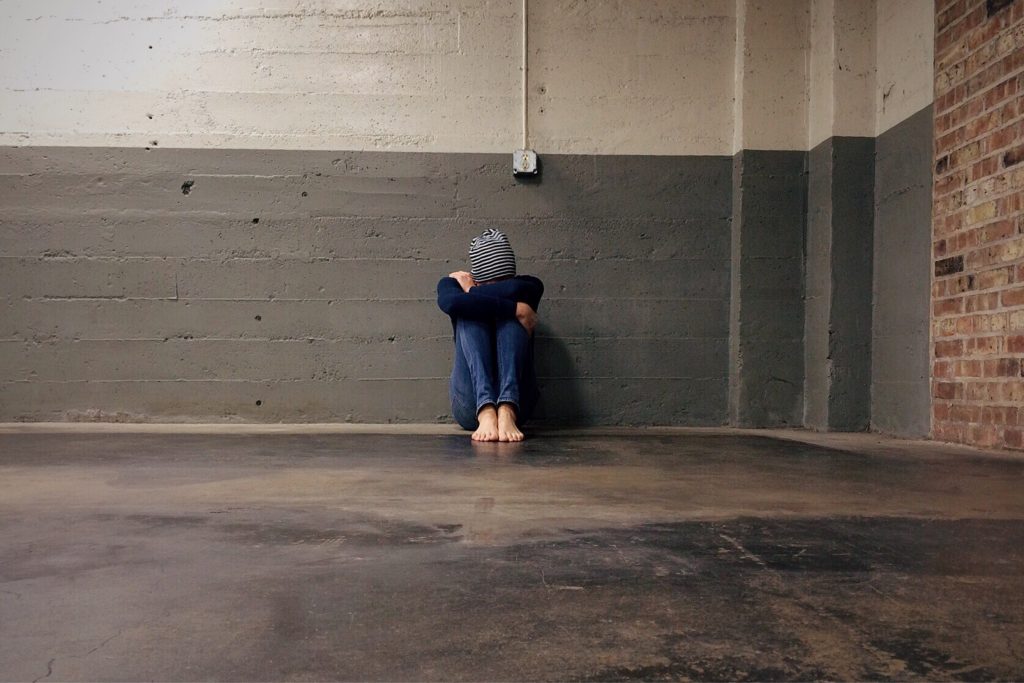The Issue
EmpowerMen > The Issue
What is Sexual Exploitation and Human Trafficking?
Sexual exploitation is any actual or attempted abuse of a position of vulnerability, differential power or trust for sexual purposes. This includes profiting financially (“pimping”), socially or politically from the sexual exploitation of another person.
Child sexual exploitation is the act of coercing, luring or engaging a child under the age of 18 into a sexual act, an involvement in the sex trade or pornography. This can happen with or without the child’s consent in exchange for money, drugs, shelter, food, protection, affection or belonging.
Human Trafficking is the recruitment, transportation, harboring, and/or exercising control, direction, or influence over the movements of a person to exploit that person for sexual purposes or forced labor.
Sex trafficking is the most prevalent and lucrative form of crime globally:
- It generates an estimated $99 billion (worldwide) in profit for traffickers each year. Discouraging the Demand (PDF) (osce.org)
- Most of the victims of sex trafficking in Canada are women and girls. Trafficking in persons in Canada, 2019 (statcan.gc.ca)
- Indigenous women and girls are impacted by exploitation and sex trafficking at higher rates than non-Indigenous women and girls. FINAL NWAC Sex Trafficking Literature Review September 2014 (PDF) (mamawi.com)
- The money which is paid to traffickers is paid by the men who pay for sexual services from trafficking victims
- The sex buyers therefore create a financial incentive for traffickers to exploit adults and children.
We recognize that not every person in the commercial sex industry in the victim of human trafficking. Other factors such as poverty, trauma, abuse and lack of choice may also factor in.
Why focus on Buyers of Sexual Acts?
Sexual exploitation and sex trafficking are highly gendered. Most of the individuals who are exploited in the sex industry are women, girls and 2SLGBTQ + individuals. Almost all the buyers of sexual acts are men who are offering money, drugs, food, clothes, or a place to sleep in exchange for sexual acts.
Who makes up the demand?
- almost all of the demand is created by men
- sex buyers can be of any age (17 – 85 years)
- most are employed and educated
- most have a stable income
- about half are married or in an intimate relationship
- they come from different ethnic and national backgrounds and professions
High-frequency buyers are more likely to have started at a young age and with the help or encouragement of others in their social networks

Why do Men Buy Sex?
There are multiple reasons why men engage in commercial sexual exploitation. Some men can identify their reason whereas others do not know their “Why?”. Most men fall into one of these categories:
- Frustration, stress or boredom
- A fantasy, novelty, or curiosity
- Thrill seeking or looking for intimacy
- Wanting sex with no commitment or emotional connection
- To feel in control, to dominate or abuse women and girls
- A sense of entitlement
- Male bonding or peer pressure (e.g. a work culture)
- Impact of pornography
- Not knowing that purchasing sexual acts is illegal in Canada
- Mental, emotional or relational challenges in their intimate relationship
- Intoxication or addiction
- Experiences of previous sexual or physical abuse
Why Discourage Sex Buying?
The focus on the demand for paid sexual services is an important part to combat sexual exploitation and trafficking of women and girls 2SLGBTQ + individuals.
- It reduces the incentives for sexual exploitation and trafficking
- It focuses on the accountability of the buyers rather than those how are exploited in the sex industry
- It provides opportunity for reflection, self assessment and change for men who are buyers
- It increases equality between men and women and other genders
Canada’s Obligation
The following documents focus on addressing the demand for paid sexual exploitation.
Protocol to Prevent, Suppress and Punish Trafficking in Persons Especially Women and Children, supplementing the United Nations Convention against Transnational Organized Crime
This document requires legislative and educational, social and cultural measures to discourage the demand that fosters all forms of exploitation of persons, especially women and children, that leads to trafficking.
UN Declaration on the Rights of Indigenous Peoples (UNDRIP) (PDF)
Trafficking, prostitution and commercial sexual exploitation of Indigenous women and girls are all forms of extreme violence against women. The UNDRIP recognizes the responsibility of States to take measures to ensure that Indigenous women and children enjoy the full protection and guarantees against all forms of violence and discrimination.
Missing and Murdered Indigenous Women and Girls/2 Spirit (MMIWG2S) Report – Calls for Justice (PDF)
The Calls for Justice highlight steps to address the ongoing crisis of MMIWG2S in different sectors, including addressing sexual exploitation and trafficking.
Protection of Communities and Exploited Person Act (PCEPA)
This law makes it a criminal offence for anyone to purchase or communicate about the purchase of sexual services anywhere, e.g. on the street, in hotels, private homes or online.
Manitoba’s framework to address GBV
This framework addresses gender-based violence in Manitoba, including sexual exploitation and engaging men and boys as part of the solution.

